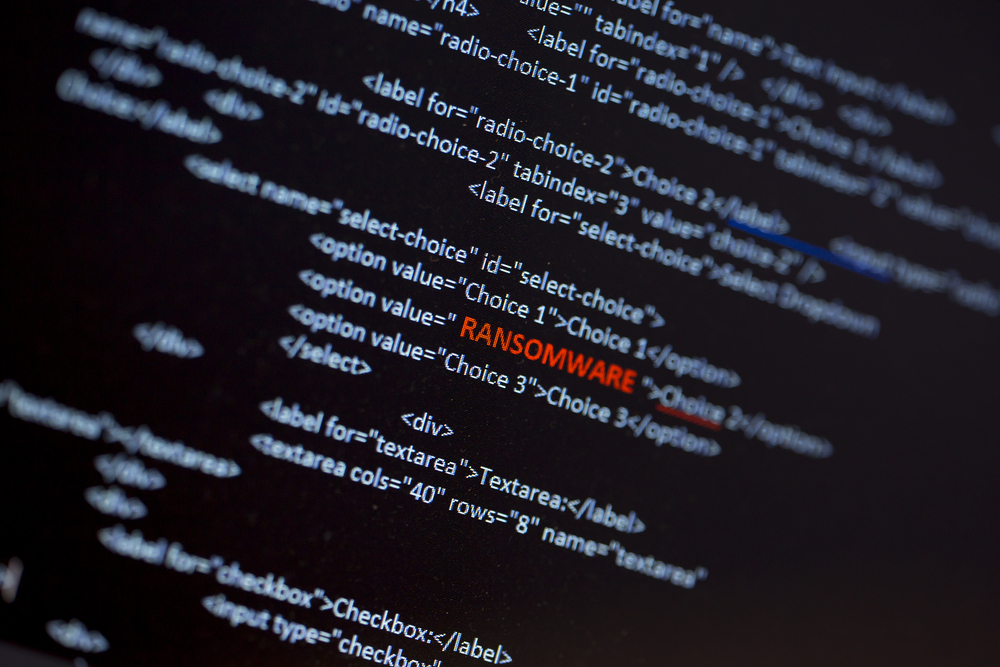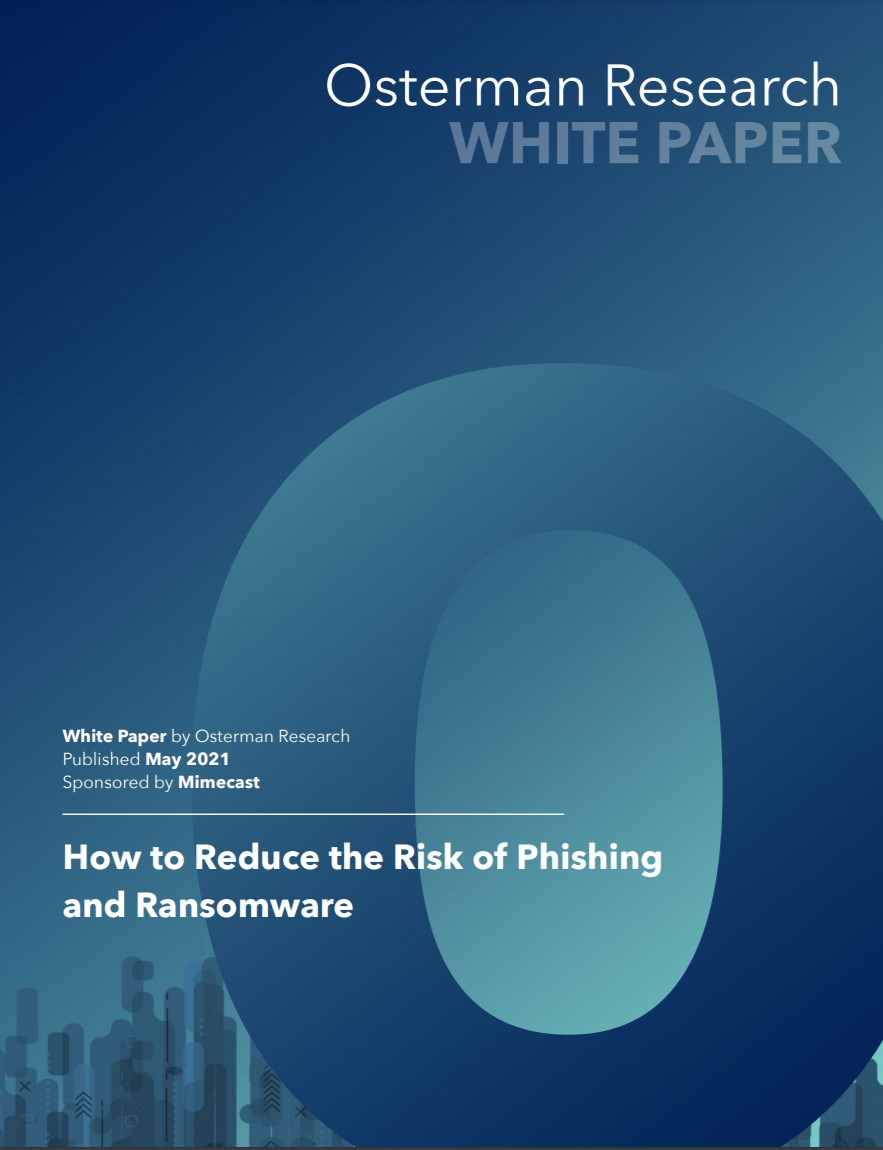BlackMatter ransomware victims reclaim data using secret decryptor
Emsisoft discovered a critical flaw in the ransomware that allowed them to help victims recover their files


Victims of BlackMatter ransomware have been secretly getting their data back thanks to a flaw in the encryption found by a cyber security company.
According to a blog post, researchers at Emsisoft discovered a critical flaw in the BlackMatter ransomware that allowed them to help victims recover their files without paying a ransom. This action, the firm claimed, prevented millions of dollars from falling into the hands of cyber criminals.
BlackMatter’s predecessor, DarkSide, has been around since August 2020, targeting large private sector organizations that could afford the gang’s demand. BlackMatter took over when the US retaliated, resulting in DarkSide losing control over its own criminal infrastructure. BlackMatter came onto the scene shortly after in July 2021.
Soon after the emergence of BlackMatter, researchers got their hands on BlackMatter’s ransomware code. According to researchers, rumors that BlackMatter could be a repaint of the DarkSide operation were quickly confirmed.
“The very first BlackMatter version turned out to be almost identical to the last DarkSide version, with the only difference being minor incremental improvements. This first version was quickly followed up with multiple new iterations of the BlackMatter payload and, at the time of writing, the latest internal version number of the payload has reached 2.0,” the researchers said.
With the original DarkSide ransomware, researchers had already found a mistake the DarkSide operators had made that allowed them to decrypt the data encrypted by the Windows version of the ransomware without the need for a ransom to be paid, though the gang fixed this flaw on January 12, 2021.
At the time, researchers did not disclose the flaw as the gang would find out. They then told law enforcement and trusted parties about the flaw to enable researchers to decrypt data.
Sign up today and you will receive a free copy of our Future Focus 2025 report - the leading guidance on AI, cybersecurity and other IT challenges as per 700+ senior executives
Luckily for researchers, the BlackMatter gang introduced a change to their ransomware payload that allowed them to recover victims’ data once again without the need for a ransom to be paid.
“As soon as we became aware of the gang’s error, we quietly reached out to our partners, who then assisted us in reaching as many victims as possible before they paid BlackMatter’s ransom,” said Emsisoft.
The researchers said that one of the biggest challenges we faced during the operation related to social media, and Twitter in particular. During one of the higher-profile BlackMatter incidents in September 2021, the ransom note was leaked.
RELATED RESOURCE

How to reduce the risk of phishing and ransomware
Top security concerns and tips for mitigation
“Ransom notes, including BlackMatter’s, contain critical information intended for the victim only, including instructions on how to reach out and communicate with the threat actor. Consequently, anybody who has access to a note can interact with the gang as though they were the victim,” said Fabian Wosar, Emsisoft's CTO.
This meant that the Twitter infosec community got involved and started hijacking negotiations between victims and criminals. This derailed any sort of intelligence gathering by law enforcement and security researchers in the process.
“We have been fighting ransomware for more than ten years, so we understand the frustration the infosec community feels towards ransomware threat actors better than anyone,” said Wosar.
“However, as cathartic as throwing expletives might have felt, it resulted in BlackMatter locking down their platform, and locking us and everyone else out in the process. Unfortunately, that meant one of the most valuable tools we had to reach victims disappeared literally overnight, leading to missed victims who may have unnecessarily paid ransoms.”
Following this, Wosar said that since then BlackMatter has fixed the bug that allowed decryption of the victim’s data.
“However, just because this specific vulnerability has run its course doesn’t mean our work is done. While we are confident that we managed to reach many BlackMatter victims, there are still some victims that we haven’t been able to contact."
Rene Millman is a freelance writer and broadcaster who covers cybersecurity, AI, IoT, and the cloud. He also works as a contributing analyst at GigaOm and has previously worked as an analyst for Gartner covering the infrastructure market. He has made numerous television appearances to give his views and expertise on technology trends and companies that affect and shape our lives. You can follow Rene Millman on Twitter.
-
 What is Microsoft Maia?
What is Microsoft Maia?Explainer Microsoft's in-house chip is planned to a core aspect of Microsoft Copilot and future Azure AI offerings
-
 If Satya Nadella wants us to take AI seriously, let’s forget about mass adoption and start with a return on investment for those already using it
If Satya Nadella wants us to take AI seriously, let’s forget about mass adoption and start with a return on investment for those already using itOpinion If Satya Nadella wants us to take AI seriously, let's start with ROI for businesses
-
 There’s a dangerous new ransomware variant on the block – and cyber experts warn it’s flying under the radar
There’s a dangerous new ransomware variant on the block – and cyber experts warn it’s flying under the radarNews The new DeadLock ransomware family is taking off in the wild, researchers warn
-
 Hacker offering US engineering firm data online after alleged breach
Hacker offering US engineering firm data online after alleged breachNews Data relating to Tampa Electric Company, Duke Energy Florida, and American Electric Power was allegedly stolen
-
 Cybersecurity experts face 20 years in prison following ransomware campaign
Cybersecurity experts face 20 years in prison following ransomware campaignTwo men used their tech expertise to carry out ALPHV BlackCat ransomware attacks
-
 15-year-old revealed as key player in Scattered LAPSUS$ Hunters
15-year-old revealed as key player in Scattered LAPSUS$ HuntersNews 'Rey' says he's trying to leave Scattered LAPSUS$ Hunters and is prepared to cooperate with law enforcement
-
 The Scattered Lapsus$ Hunters group is targeting Zendesk customers – here’s what you need to know
The Scattered Lapsus$ Hunters group is targeting Zendesk customers – here’s what you need to knowNews The group appears to be infecting support and help-desk personnel with remote access trojans and other forms of malware
-
 Impact of Asahi cyber attack laid bare as company confirms 1.5 million customers exposed
Impact of Asahi cyber attack laid bare as company confirms 1.5 million customers exposedNews No ransom has been paid, said president and group CEO Atsushi Katsuki, and the company is restoring its systems
-
 The US, UK, and Australia just imposed sanctions on a Russian cyber crime group – 'we are exposing their dark networks and going after those responsible'
The US, UK, and Australia just imposed sanctions on a Russian cyber crime group – 'we are exposing their dark networks and going after those responsible'News Media Land offers 'bulletproof' hosting services used for ransomware and DDoS attacks around the world
-
 A notorious ransomware group is spreading fake Microsoft Teams ads to snare victims
A notorious ransomware group is spreading fake Microsoft Teams ads to snare victimsNews The Rhysida ransomware group is leveraging Trusted Signing from Microsoft to lend plausibility to its activities
